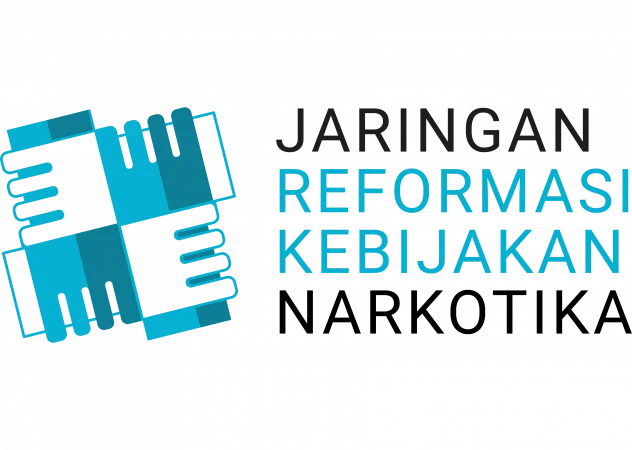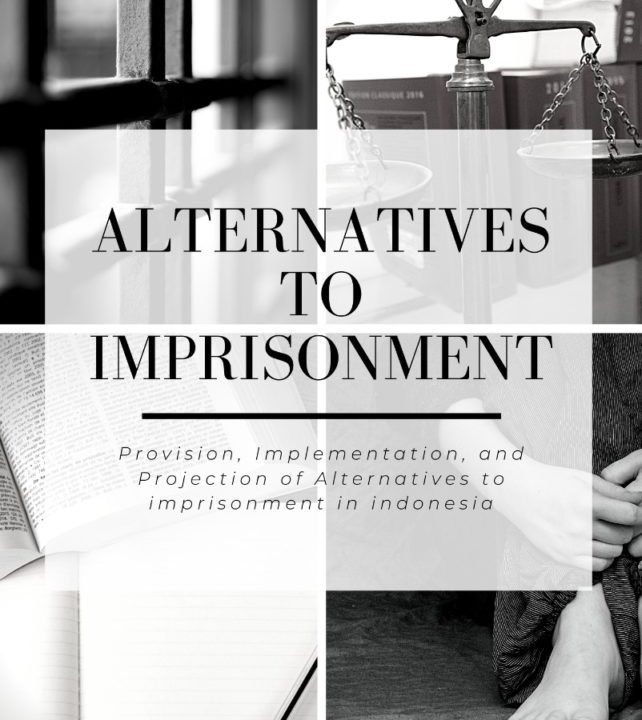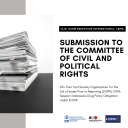Alternatives to Imprisonment: Provision, Implementation, and Projection of Alternatives to Imprisonment in Indonesia
In the Indonesian context, the design and implementation of criminal law is very closely related to prison sentence. In the public as well as legal academic discourses, prison sentence is always linked to deterring – primarily – criminal offenders. Prison sentence is expected not only to inflict individual deterrence on offenders but also to instill general deterrence in the public that they refrain from being involved in any crime.
However, the growing body of science suggests that prison sentence, initially intended to protect the public from the criminal nuisance, and in practice brings about destructive effect on prison inmates. Individuals who have served a prison sentence tend to have greater difficulties adopting themselves in the public and at the same time are susceptible to re-offending.
Accordingly, the international community went on a search for ways to fulfill the objectives of criminal penalty without the use coercive instruments including prison. In 1990, the UN adopted the UN Standard Minimum Rules for Non-Custodial Measures, also known as the Tokyo Rules. The Tokyo Rules asserts that the general objectives of alternatives to imprisonment are to identify alternative punishments that are effective for criminal offenders and to allow law enforcement the chance to transform criminal penalty to punishment that meet the individual needs of the offenders in accordance with the crime committed.
This research attempts to present the ways alternatives to imprisonment can be implemented in Indonesia in the future. This research is relevant primarily in light of the deliberation on the Indonesian Bill of Penal Code (Rancangan Kitab Undang-Undang Hukum Pidana), which has been claimed to emphasize restorative justice in the administration of criminal penalty in Indonesia.
We wish you a fruitful reading.






